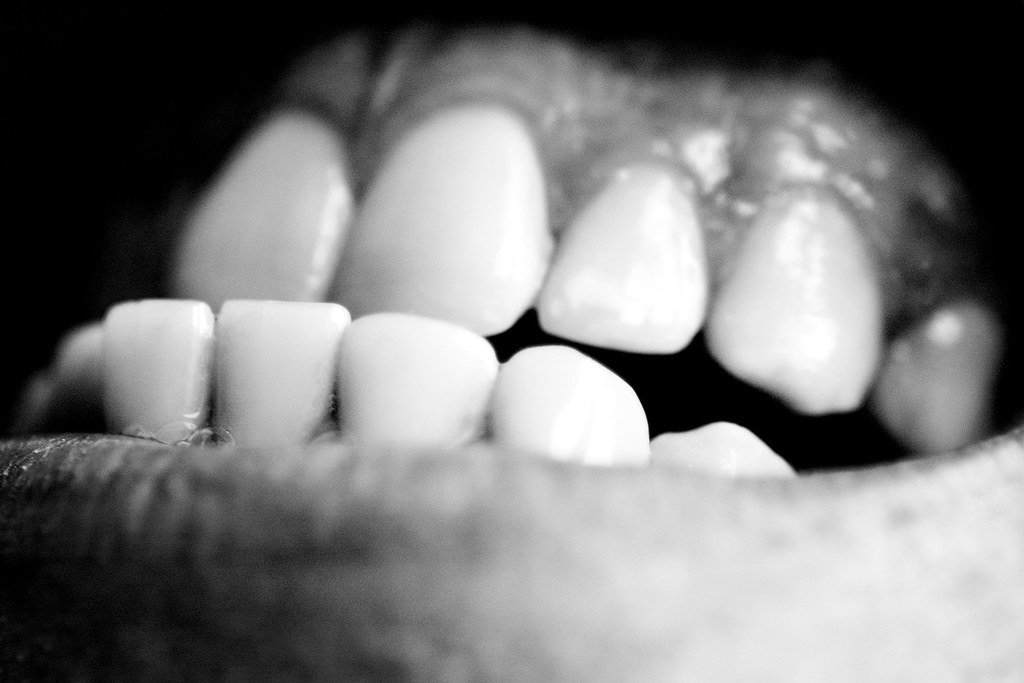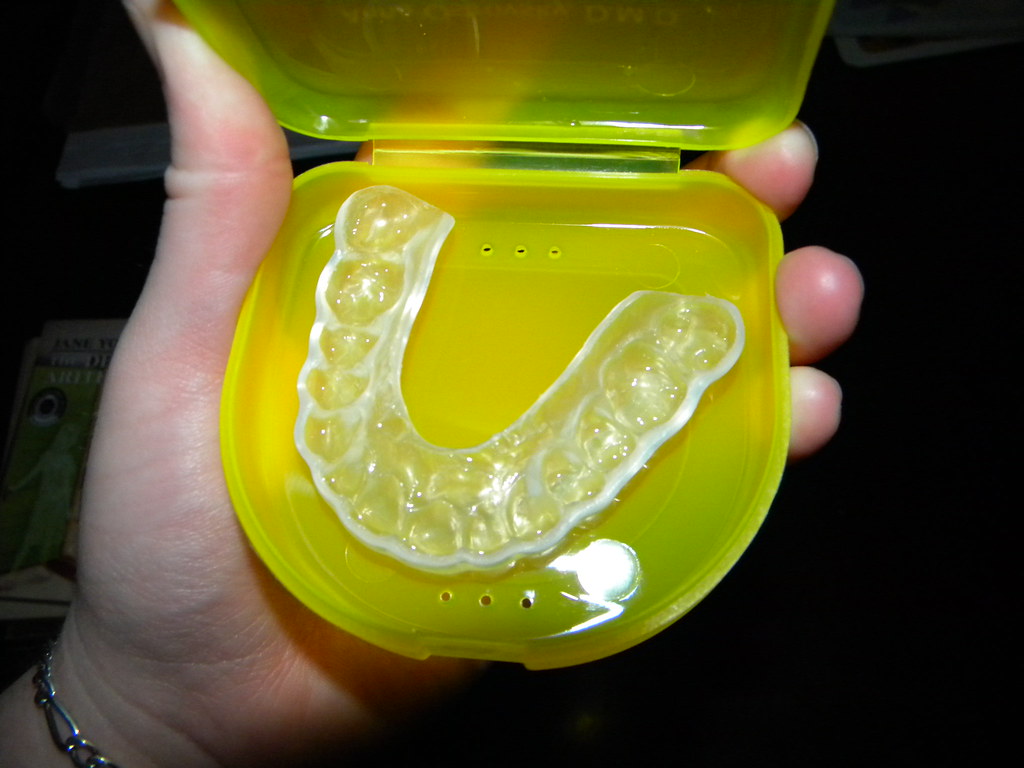 Individuals have numerous habits that can contribute to poor dental health. While some of those habits might be self-induced ones, others aren’t and might be beyond individuals’ control. Such is the case with a dental issue like bruxism.
Individuals have numerous habits that can contribute to poor dental health. While some of those habits might be self-induced ones, others aren’t and might be beyond individuals’ control. Such is the case with a dental issue like bruxism.
What Is Bruxism?
Bruxism is the technical term for teeth grinding. While individuals might initiate some teeth grinding themselves when they get stressed or frustrated, the dental issue bruxism refers to is usually involuntary and occurs when an individual is sleeping. The exact cause of teeth grinding is unknown, but doctors state that some conditions like anxiety, stress, allergies and nutritional deficiencies could contribute to the occurrence of bruxism. Additionally, certain sleep disorders like sleep apnea could cause bruxism as could an abnormal alignment of the upper and lower teeth.
Bruxism Symptoms
Many people who have bruxism don’t even know that they have it. The reason for this, obviously, is because bruxism occurs when individuals are asleep, so they don’t remember grinding their teeth together. Oftentimes, many people don’t learn that they are grinding their teeth at night until a sleep partner hears them and tells them about it the next morning. However, there are a few tell-tale symptoms that can help individuals recognize whether or not they’re grinding their teeth at night.
Chipped, broken, flattened, fractured or loose teeth can be a sign of bruxism as can worn tooth enamel that makes it so that the deeper layers of the tooth are exposed. Perhaps one of the most significant signs of bruxism is experiencing tenderness or soreness in the jaw or face upon awakening. Individuals who grind their teeth at night might also experience increased tooth sensitivity and tired or tight jaw muscles. Sometimes people with bruxism might also have a dull headache upon awakening or experience pain that is similar to that of an earache, but it’s not an earache. Of course, any indentations in the tongue or damage from chewing on the inside of the cheek are also signs of bruxism.
Why Is Bruxism Harmful?
Bruxism is mostly harmful because it can lead to the deterioration of teeth. In chronic cases of bruxism, individuals can end up grinding their teeth down to stumps. However, bruxism can also lead to loosened, chipped and fractured teeth as well as the wearing off of the tooth enamel that protects the teeth. Individuals that have any crowns, dental implants, bridges, partial dentures, root canals and so on could end up damaging their dental equipment. Bruxism could also affect the function of the jaws, cause or worse TMD/TMJ and even change the appearance of individuals’ faces over time.
Treatment for Bruxism
 Although there isn’t one proven way to stop bruxism, there are measures that individuals can take to prevent it or to at least prevent it from damaging their teeth any more than it already has. The most popular and recommended solution to bruxism is to wear a night guard. A night guard is simply a dental tray that is worn over the teeth at night and keeps the upper and lower teeth from coming into contact with one another when individuals bear down and grind on their teeth at night. However, if stress seems to be the major contributing factor to an individual’s bruxism, then engaging in stress-reduction therapy and exercises could help reduce the occurrence of bruxism. Likewise, if the bruxism is primarily being caused by a sleeping disorder, then treating the disorder could assist with the decrease of the bruxism.
Although there isn’t one proven way to stop bruxism, there are measures that individuals can take to prevent it or to at least prevent it from damaging their teeth any more than it already has. The most popular and recommended solution to bruxism is to wear a night guard. A night guard is simply a dental tray that is worn over the teeth at night and keeps the upper and lower teeth from coming into contact with one another when individuals bear down and grind on their teeth at night. However, if stress seems to be the major contributing factor to an individual’s bruxism, then engaging in stress-reduction therapy and exercises could help reduce the occurrence of bruxism. Likewise, if the bruxism is primarily being caused by a sleeping disorder, then treating the disorder could assist with the decrease of the bruxism.
Other tips that can assist individuals in reducing their teeth grinding include cutting back on foods and beverages that contain caffeine, avoiding alcohol and refraining from chewing on items like pens, pencils and other objects. Additionally, training the jaw muscles to relax and positioning the tip of the tongue between the teeth can also help reduce bruxism is some cases.
References:
MouthHealthy.”Teeth Grinding.” Retrieved on November 23, 2015, from http://www.mouthhealthy.org/en/az-topics/t/teeth-grinding
Wolters Kluwer Health. “A systematic review of etiological and risk factors associated with bruxism.” Retrieved on November 23, 2015, from .http://www.uptodate.com/home”
MouthHealthy
11 East Chicago Ave.
Chicago, Illinois 60611-2678
312-440-2500
www.ada.org
Wolters Kluwer Health
P.O. Box 1030
2400 BA, Alphen aan den Rijn
The Netherlands
1-800-998-6374
www.uptodate.com